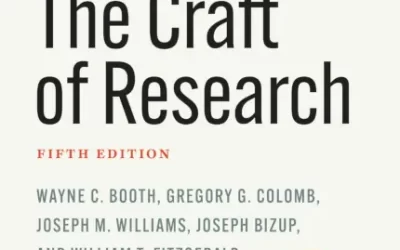Banned Books Week is “an annual event that highlights the value of free and open access to information.”
Beginning in September of 1982, Banned Books Week was created in response to an unexpected surge in the number of challenges to books available in libraries, schools, and bookstores. The week aimed to promote exploration of challenged literature and encourage intellectual autonomy in settings where books are read, taught, or sold.
Taking it back even further, the first book ban that occurred in the United States took place in 1637! Thomas Morton, one of the early colonists, wrote a book called New English Canaan, which was viewed as an unconventional critique of Puritan customs and institutions. As a result, it was banned by the Puritan government in what is now Quincy, Massachusetts.

Historically, the power of words has led to book burnings and author persecution. Today, Banned Books Week raises awareness about censorship and the need to protect access to literature. Promoting discussions about banned books can help shift the narrative. Books are often banned for reasons related to morality, politics, or religion, which are the primary categories influencing such decisions in schools, libraries, and bookstores.
What better way to flip the narrative than to promote awareness of banned books by discussing the very reasons for their being banned?
Over the years, the book most often banned is George Orwell’s 1984, a dystopian novel set in London. In this narrative, however, the city has been devastated by a nuclear war that occurred shortly after World War II and is now governed by a totalitarian regime.
Free will, privacy, and freedom of speech have been eradicated, and everyone remains under surveillance. The main character, Winston Smith, belongs to the “Outer Party”, and his job is to rewrite history in the Ministry of Truth to ensure it aligns with current political thinking.
However, Winston longs for the truth and rebels against the government to find it. He and another like-minded character are eventually caught, and “Big Brother”, a symbol of the government’s power and its intrusive surveillance, eventually breaks him down.
The allegory in the story is reflective of what was happening historically during the time of the book’s publication in 1949 during the aftermath of World War II. It is said to be reflective of the strict regime of the Soviet Union, Nazi Germany, and Imperial Japan, and the way the government could control its people through restrictive language and rewriting history.
Due to the political tension at the time, the book came with harsh critiques and received intense backlash. Over time, this book has remained a popular reference when discussing banned books due to the overall restrictions imposed by schools, libraries, and even entire states!
While this classic is a popular reference, the number of banned books increases over the years; however, Banned Books Week forages on to raise awareness on the importance of censorship and the importance for open access when it comes to books and literature.
Whether driven by curiosity, knowledge, or just plain old mindfulness, keeping the buzz around Banned Books Week alive is a must! The freedom to read hasn’t always been a given for all, and having access to those spicy challenged books is a privilege—even in our fancy, modern world!
So, we dare you to jump into the wild side and tackle a banned book near you as we celebrate Banned Books Week—or just to revel in the glorious freedom to read!
By: Emma Dahlsten
Emma is an Editorial Assistant at Technica Editorial




